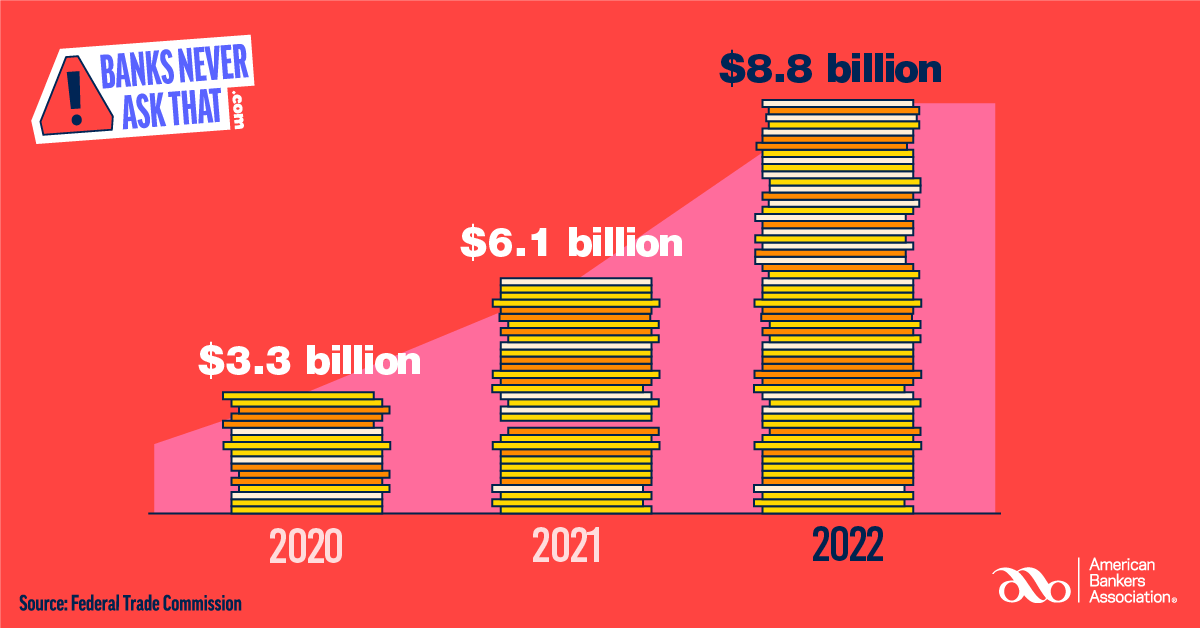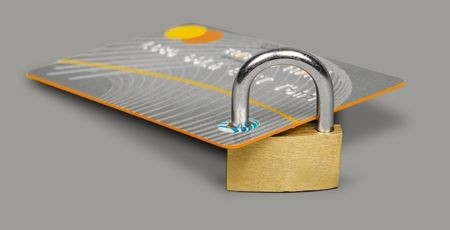What is identity theft?
Identity theft occurs when someone steals your personal or financial information to commit fraud or other crimes. They may gain unauthorized access to your Social Security number, credit or debit cards, passport, checks, driver’s license, or other sensitive information.





















